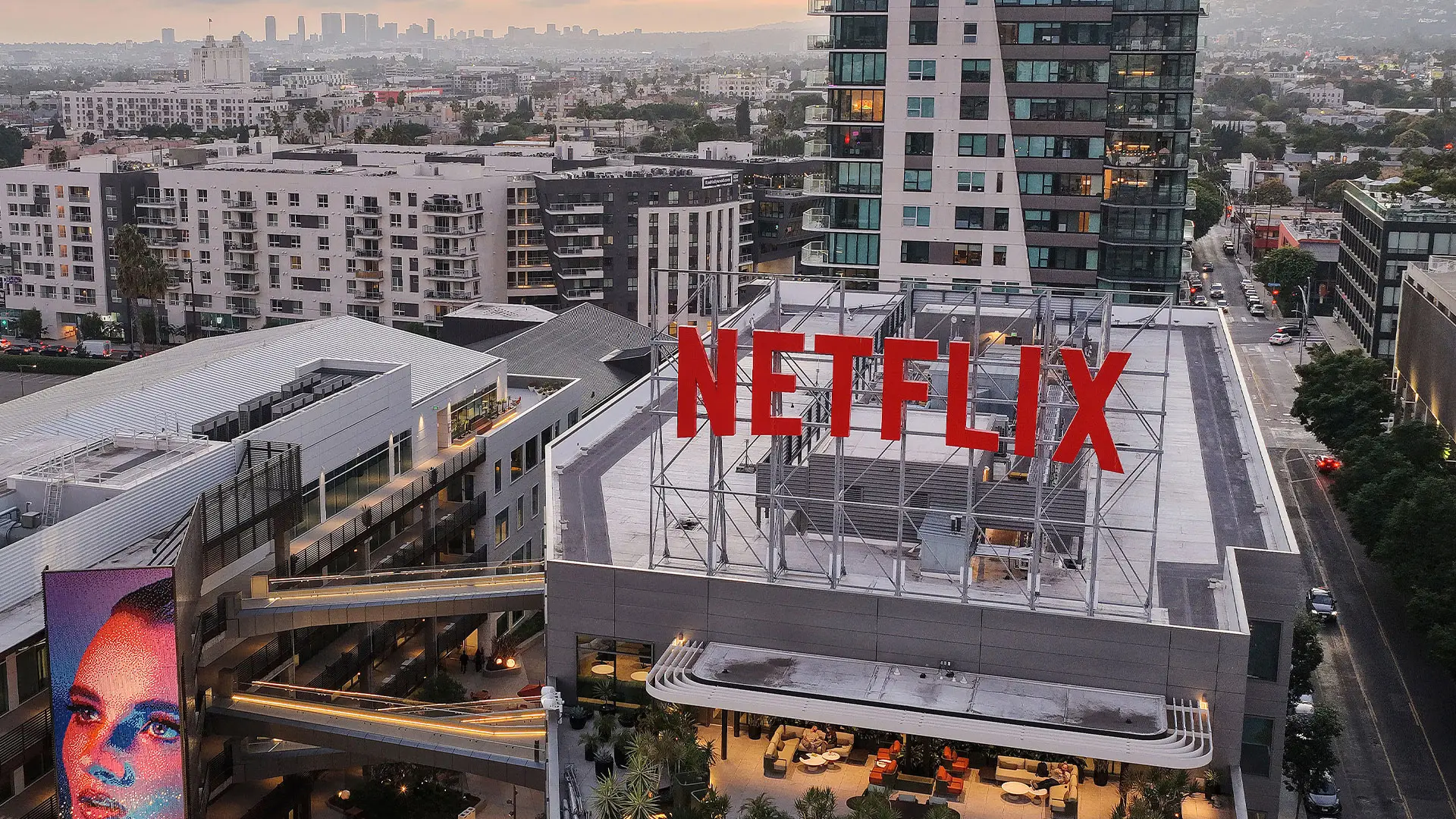
"A stock split is when a company decides to divide the number of its existing shares in order to create new ones-hence the term "split" the shares. A stock can split by any factor a company wants. For example, in a 2-for-1 stock split, for every one share of the stock pre-split, there will be two shares post-split. Or in a 100-to-1 stock split, for every one share pre-split, there would be 99 additional shares post-split."
"However, because new shares are being created in a stock split, the value of the stock is diluted by an amount commensurate with the split. Take a 100-to-1 stock split of the imaginary Company XYZ. If the share price of Company XYZ was $1,000 before the split, its new share price would be $10 after the split ($1000/100). Yet even though Company XYZ's stock price is now 100 times cheaper, the company itself isn't worth less."
"Netflix has said that it will split its shares by a ratio of 10-to-1 next month. This means that for every one share of Netflix stock (Nasdaq: NFLX) that exists today, there will be another nine NFLX shares in existence after the split. Netflix is by far the only major company to split its stock in recent years. In 2024, Walmart split its stock 3-to-1. In 2022, Amazon split its stock 20-to-1 and Tesla split its stock 3-to-1. In 2020, Apple split its stock 4-to-1."
Netflix shares closed at $1,089, making it the only Big Tech stock trading in four figures as of yesterday's market close. Netflix will implement a 10-to-1 stock split next month, creating nine additional shares for each existing share and reducing the per-share price proportionally while leaving market capitalization unchanged. A stock split increases the number of shares and dilutes the value per share by the split ratio but does not alter the company's overall value. Recent major splits include Walmart's 3-to-1 in 2024, Amazon's 20-to-1 and Tesla's 3-to-1 in 2022, and Apple's 4-to-1 in 2020.
Read at Fast Company
Unable to calculate read time
Collection
[
|
...
]